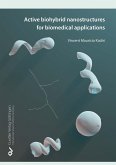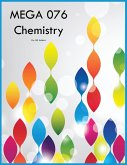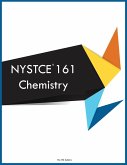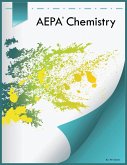Zinc oxide nano-particles are known to be eco-friendly nano-materials because they are easy to make, can be changed, and have advanced biological properties. Chemical or physical modification of ZnO NPs is known to be an important way to change their physical and chemical properties. This create new materials which can be used to their full potential in many fields, such as cancer treatment, tissue engineering, and wound healing, COVID-19, drug delivery, electrical, and environmental applications. ZnO nano-particles are GRAS (generally recognized as safe) by the US Food and Drug Administration (FDA) and have a low toxicity profile, making them excellent bio-materials. This innovation may be further expanded for use in advanced bio-engineering science and technologies.








